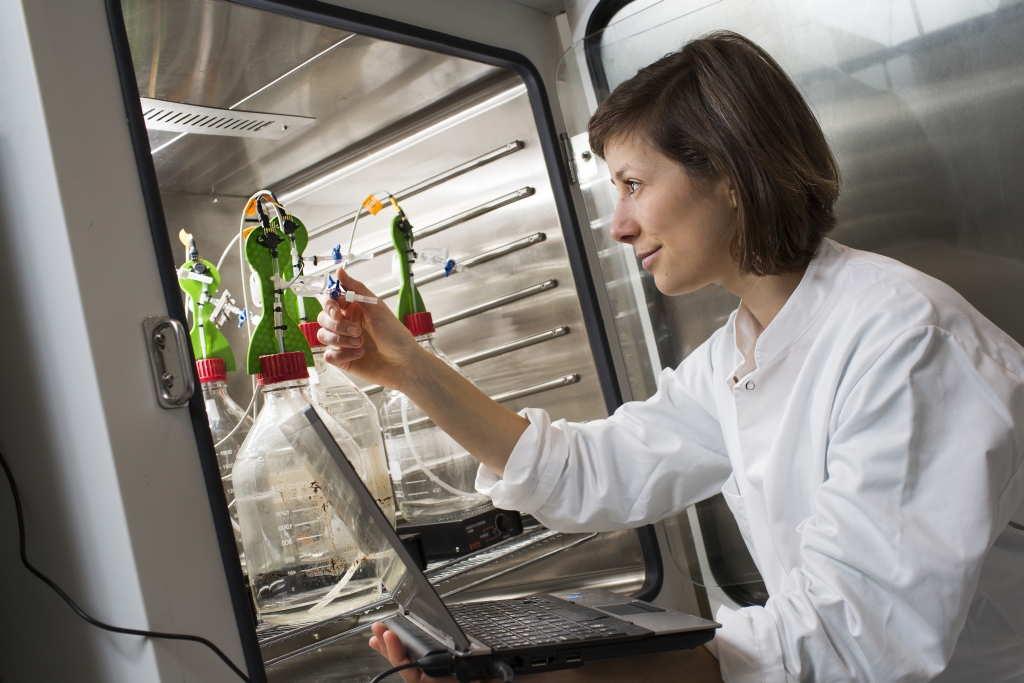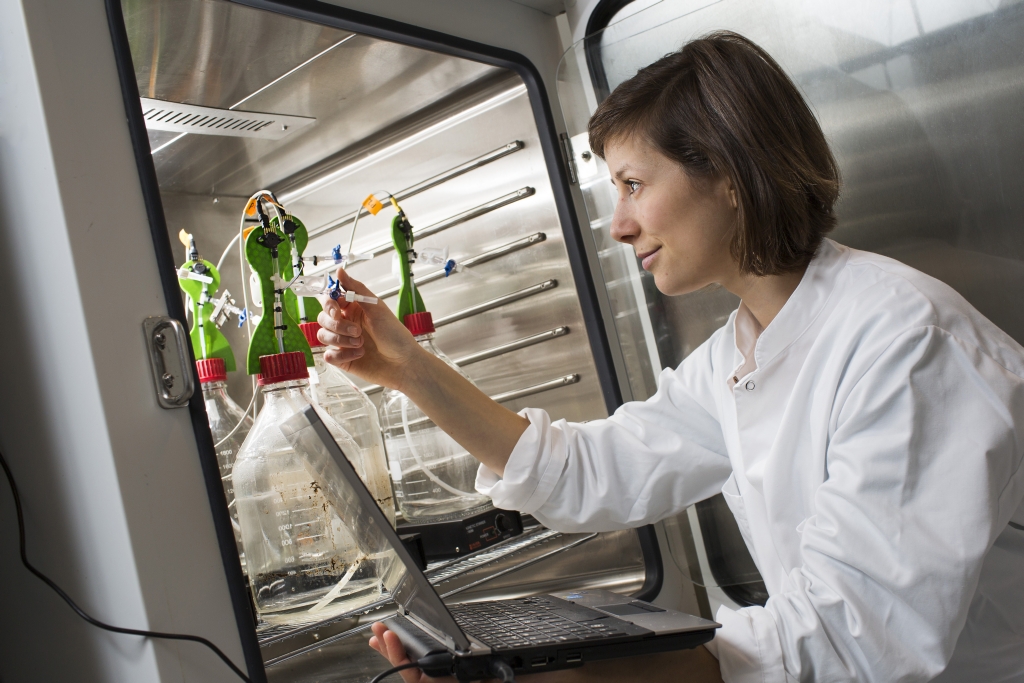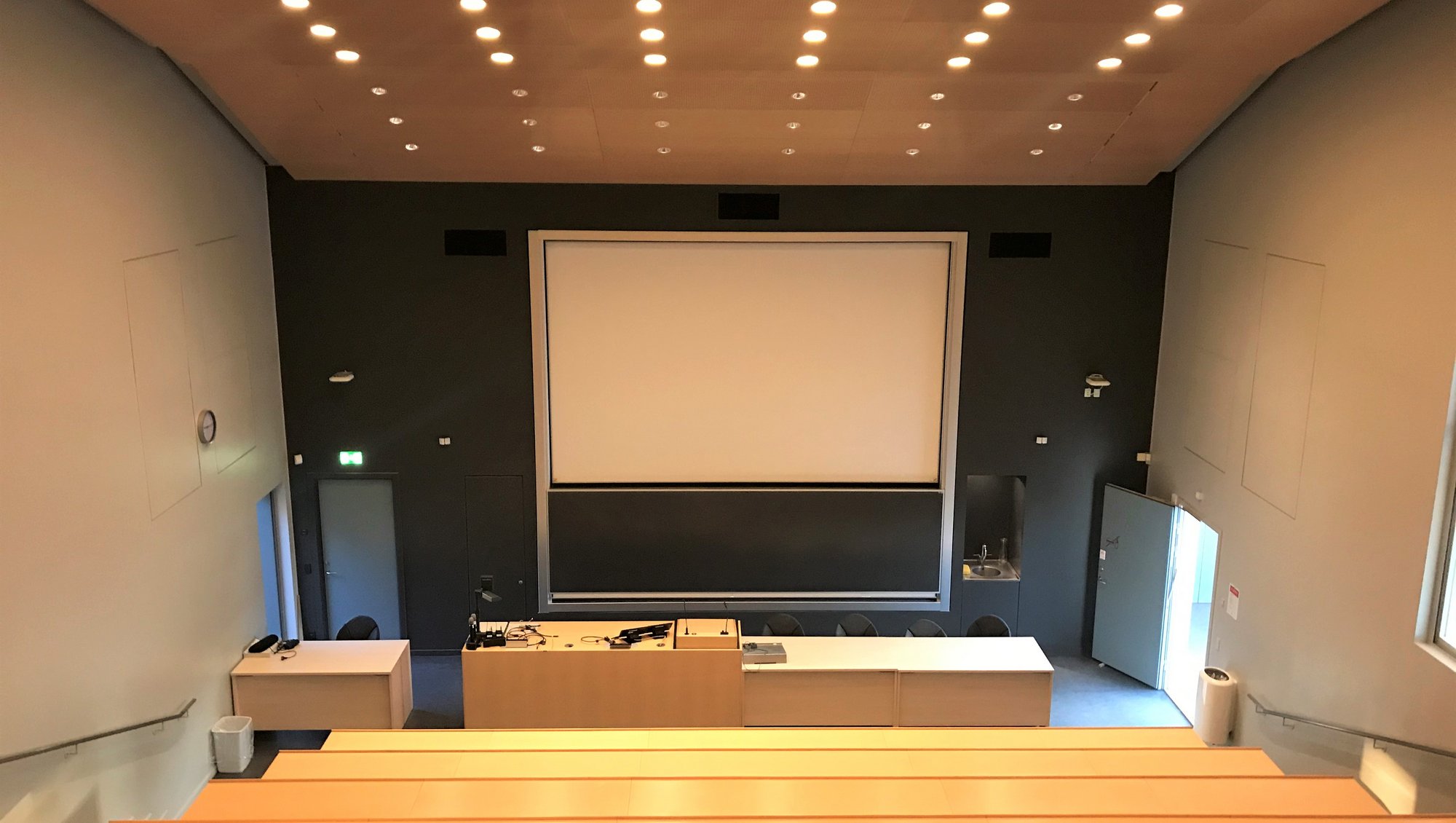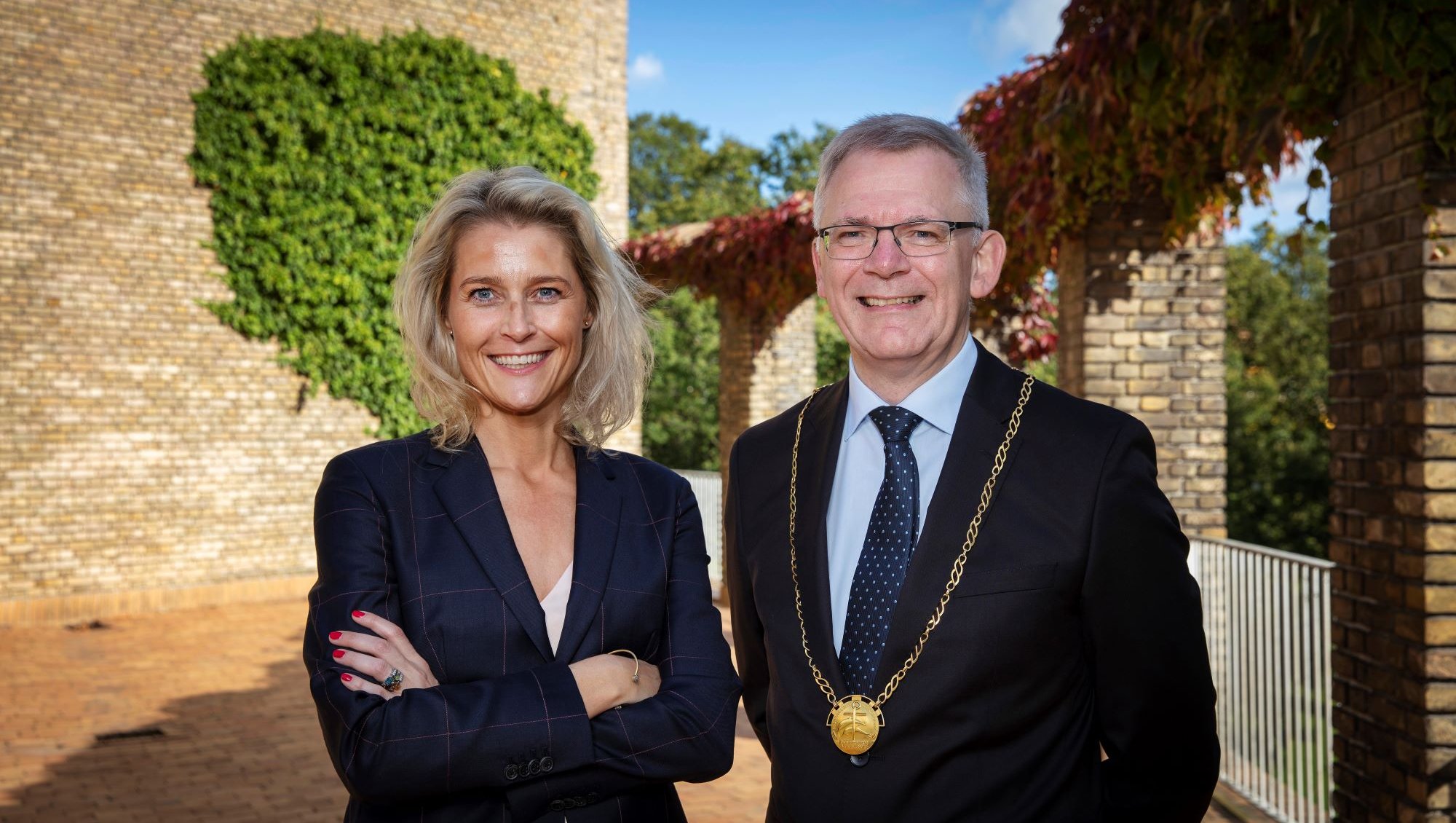AU: Government proposal to decentralise further education is very likely to fail
We have great respect for a political goal to create a more balanced Denmark, but the government has picked the wrong tool from its toolbox, write Brian Bech Nielsen, Thomas Pallesen and Eskild Holm Nielsen.
By Brian Bech Nielsen, rector, Thomas Pallesen, dean of Aarhus BSS, and Eskild Holm Nielsen, dean of Technical Sciences, Aarhus University
Our young people and Denmark deserve that politicians take their time to thoroughly discuss on a fully informed basis which political instruments will best secure a more balanced Denmark. Before making a radical decision to decentralise university degree programmes and reduce student places in the four major Danish cities, politicians should clarify the challenges this will entail.
In its proposal, the government has pointed to five university degree programmes to be relocated first. This, in itself, will not contribute significantly to a better balance between the major cities and the rest of Denmark. The proposal also aims to give universities an incentive to establish more new degree programmes outside the four major cities by reducing admissions by up to 10 per cent in the major cities. However, it is doubtful that this will happen. If the proposal is realised as presented, it will very likely fail for several reasons.
Three reasons that the proposal will fail
Firstly, the issue is not about where young people educate themselves for a limited period of their lives. It is about where they subsequently find employment, settle down and pay taxes. Young people are not obedient soldiers of society that we can order around as we please. They are individuals with their own dreams and ambitions, and whether we like it or not, young people are attracted to the major cities in Denmark, just as others all over the world.
Secondly, many young people on university degree programmes outside the major cities will move towards the major cities after graduation anyway, because this is where most of the jobs for academics are. If universities were to decide to set up new degree programmes outside the major cities, and even if students applied for these programmes, for many this would just postpone their move to one of the major cities.
Thirdly, it is unclear whether there is political willingness to invest the huge sums necessary every year to ensure that the relocated degree programmes are of a quality that matches the research-based degree programmes in the major cities. If not, the programmes should not be established. We owe our young people high-quality and uniform degree programmes.
The consequence of the government's proposal in the university area will therefore mainly be a ten per cent reduction in admissions to student places in the major cities and thus fewer university graduates. This will reduce the supply of highly qualified labour, including in areas which already have bottlenecks. In the long term, this may relocate jobs to countries outside Denmark. Due to their close links to programme revenues, the loss of student places will also significantly weaken research and educational environments in the major cities without significantly contributing to the supply of labour with long-cycle post-secondary degrees outside the major cities.
Pitfalls of increasing the local provision of degree programmes
Four crucial conditions must be met in order to relocate or establish a degree programme in a new place.
- Enough young people applying for the degree programme
- Local labour-market demand for the graduates
- A sustainable financial basis for offering these degree programmes
- A strong research base to support the degree programmes
In 2006, Aarhus University merged with the Institute of Business and Technology, Herning (now AU Herning) and therefore has a natural and highly appreciated platform outside the four major cities from where we can offer degree programmes. We have deliberately invested in developing research-based degree programmes in Herning for many years, and we are therefore aware of some of the pitfalls of increasing the local provision of degree programmes.
Not enough ‘customers’
We already offer many student places in Herning, for example on degree programmes such as Economics and Business Administration, Electrical Power Engineering, Business Development, and Global Management and Manufacturing Engineering. Degree programmes with a national and local labour market. However, in 2019 and 2020 we once again had to come to terms with the fact that the number of applicants for the programmes was far short of filling the places available. In 2019, we only admitted 257 new students in Herning, accounting for just 44 per cent of the places available. In 2020, we even had open admissions on some degree programmes, without this significantly changing the admission rate. The pattern is that application rates are significantly lower than for similar degree programmes in Aarhus. This applies broadly across the various degree programmes.
In Herning, we have a well-established student environment, and Herning is an enterprising city with good leisure and cultural facilities and a large and prosperous business community, with which we also have a very good educational collaboration. But we are still not seeing any strong, let alone growing, desire to take a university degree in Herning.
Most graduates will not stay in the local area
Our degree programmes in Herning have been developed to meet the needs of the labour market, and in this connection we have looked particularly at the local area. A 2018 survey revealed that 35 per cent of graduates from Herning were living in West Jutland five to seven years after graduation. This share was virtually identical with the corresponding share of 34 per cent living in East Jutland, primarily Aarhus. For those with a professional Bachelor’s degree (Bachelor of Engineering), the corresponding share living in West Jutland was somewhat higher at 51 per cent. However, looking at the number, in 2018 twice as many with professional Bachelor’s degrees from our campus in Aarhus were living in West Jutland five to seven years after graduation. If we take a closer look at the number of graduates and those with professional Bachelor’s degrees in Aarhus, who in 2018 lived in West Jutland five to seven years after graduation, this number was ten to eleven times higher than the corresponding number of students in Herning. In other words, graduates from Aarhus primarily meet the demand for university graduates in the entire West Jutland region.
Do not misunderstand us. We see great value in the AU presence in Herning, and the local response is that our campus adds significant value to the area. Nevertheless, we must be able to ensure that we can also defend the financial basis and quality if we are to set up new activities.
A long way from financially sustainable local provision of degree programmes
In order to maintain the level of research and degree programmes in Herning, every year Aarhus University allocates DKK 29 million from the university's basic funds to our activities in Herning. This is crucial in order to maintain the quality of degree programmes, as the programme revenues alone far from cover the needs. An addition of DKK 29 million a year is in round figures an additional DKK 23,000 per student on our decentralised degree programmes.
The government is proposing to increase the taximeter rate by five per cent, as well as to increase the educational institution subsidy to DKK 4 million a year for the decentralised provision of programmes instead of the current DKK 2 million a year.
For most degree programmes in Herning, the education subsidy is DKK 32,500 a year. The government's proposal would increase this subsidy by DKK 1,625 a year. And the highest subsidy in Herning at DKK 67,700 a year will be increased by DKK 3,385 per student.
With the current composition of degree programmes, the increased taximeter rate will result in additional revenues of just over DKK 2 million. In addition, a further DKK 2 million will come from the increased decentralised subsidy. Overall, the government's proposal will result in a DKK 4 million increase in revenues. However, the subsidy need will thus only fall from DKK 29 million to DKK 25 million a year. This is based on a quick calculation to illustrate the challenge based on an existing setup.
The university has been able to cope with this within its current framework, but we are still a long way from a financially sustainable local provision of programmes. Aarhus University will continue to be based in Herning, but we cannot finance any further activities ourselves. A condition for expanding the local provision of programmes or establishing programmes at other locations is that we receive the necessary funding.
Research environments cannot be relocated just like that
AU's experience in Herning shows that it is possible to establish high-quality research-based degree programmes outside the major cities. However, it will be necessary to invest in buildings and research infrastructure, and this requires ongoing subsidies for considerable operating expenses. But this is not just a matter of money. Internationally competitive research environments take a long time to build up – typically ten years. On the other hand, a lack of resources can very quickly destroy well-functioning research environments. The proposed reduction of student places in the major cities means that we could face a significant reduction in the research environments which support our research-based degree programmes, contribute with new scientific insights, and form the backbone of our external collaboration. It is not possible, either wholly or partly, to relocate research environments just like that, scatter degree programmes across the country, and then expect researchers to automatically follow them. Good researchers want to be with other good researchers, they are often very mobile, and they have other employment opportunities, both nationally and internationally. There must be a unique ‘something’ to attract them: a strong and dynamic research environment, good infrastructure and abundant resources. Otherwise, the recruitment task will be like climbing the Matterhorn.
Where students settle down after graduating is what matters
And then a final thought. The issue is not about where young people educate themselves for a limited period of their lives. It is about where they subsequently find employment, settle down and pay taxes. A better way to ensure a balanced Denmark would be to provide students, the business community and universities with stronger incentives to ensure collaboration between students and private and public workplaces, and not least to ensure that graduates find more jobs outside the major cities. We can see that the majority of our graduates from Aarhus find jobs outside the City of Aarhus. And the majority of our Aarhus students who write their Master’s thesis in collaboration with a company and collaborate externally on projects, do so in cooperation with partners outside the City of Aarhus. This path works and would benefit from expansion. Moreover, Universities Denmark has proposed establishing residential colleges outside the four major cities, where students from all universities in Denmark can live while working on projects in collaboration with local, private and public workplaces. So, there is a different and, in our view, more promising path than that proposed by the government.
We urge politicians to carefully consider which direction they will choose to create a more balanced Denmark. And that they do so on a fully informed basis. We are happy to contribute our experience and ideas.












































